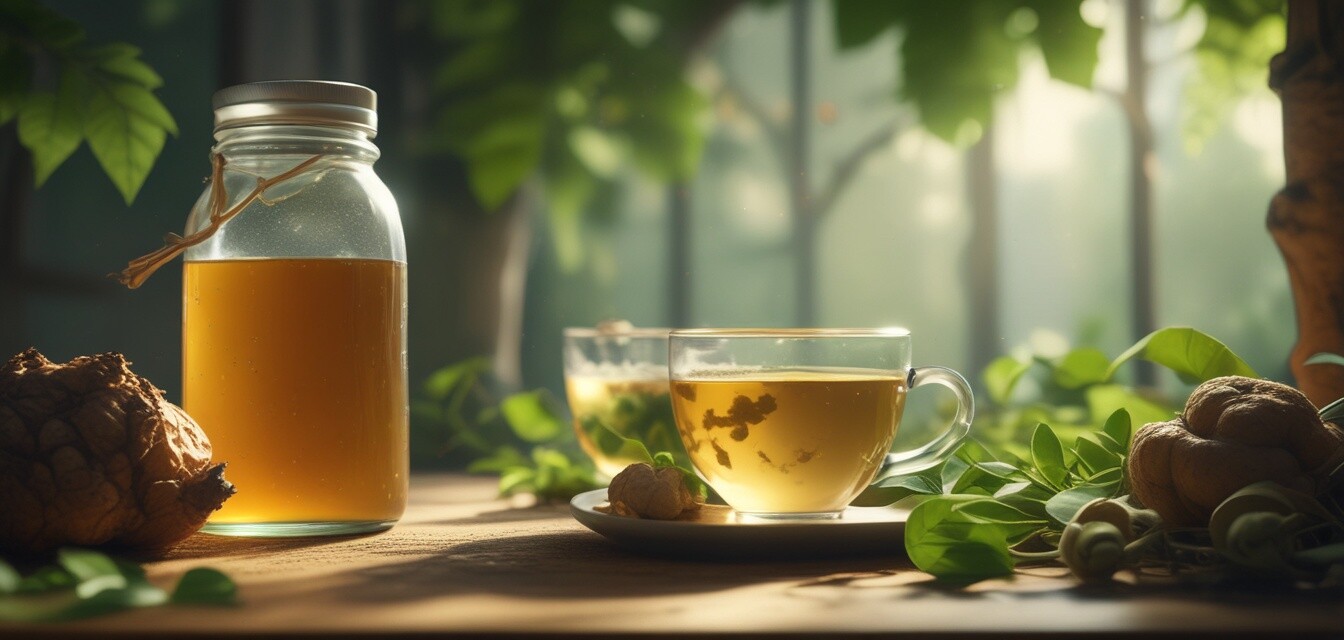
7 Essential Natural Remedies for Cold & Flu
Key Takeaways
- Natural remedies offer alternatives to pharmaceuticals for managing cold and flu symptoms.
- Common remedies include herbal teas, honey, ginger, and more.
- Understanding the benefits and drawbacks is essential when selecting natural products.
The cold and flu season can be a challenging time, but many people turn to natural remedies to alleviate symptoms while supporting their immune systems. In this article, we'll explore seven essential natural remedies that you might consider incorporating into your wellness routine. This guide will help you navigate through various options and understand their general attributes without making any medical claims. For more guidance on natural remedies, you can visit our Buying Guides.
1. Herbal Tea
Herbal teas are a popular choice for cold and flu relief. They are easy to prepare and can provide warmth and comfort.
- Chamomile: Calming and soothing properties.
- Peppermint: Helps with congestion.
- Ginger: Known for its anti-inflammatory effects.
2. Honey
Honey is often used as a natural sweetener, but it can also help soothe a sore throat.
- Great for mixing into herbal teas.
- Consider raw honey for maximum benefits.
For suggestions on various honey products, check out our Expert Tips and Advice section.
3. Ginger
Ginger is a favorite for its warming properties and potential digestion benefits.
- Can be consumed as tea or added to meals.
- May help reduce nausea.
4. Garlic
Garlic is not only a flavorful ingredient but is also praised for its potential wellness properties.
- Can be used in cooking or consumed raw.
- May support the immune system.
5. Echinacea
Echinacea is commonly found in herbal supplements aimed at supporting respiratory health.
- Often taken as a tea or tincture.
- Look for quality sources when choosing products.
6. Essential Oils
Essential oils such as eucalyptus and tea tree oil can provide a soothing experience.
- Aromatherapy may help relieve symptoms.
- Consider using in diffusers or in baths.
7. Bone Broth
Bone broth is cherished for its nourishing properties and comforting warmth.
- Can be sipped alone or used as a base for soups.
- Rich in nutrients that may aid overall wellness.
Conclusion
Incorporating these natural remedies into your cold and flu season toolkit may provide you comfort. Always pay attention to sourcing quality products. To explore more health and beauty options available online, visit our category on Herbal Supplements.
Pros
- Natural alternatives to pharmaceuticals.
- Can potentially provide relief with fewer side effects.
- Many options can be easily incorporated into daily routines.
Cons
- Effectiveness can vary between individuals.
- Not all products are created equal; quality matters.
- May require the right preparation and timing for optimal benefits.
Tips for Beginners
- Start with one remedy at a time to see how your body responds.
- Follow instructions on product labels for best results.
- Consult a healthcare provider if unsure about specific remedies.
Additional Resources
For more information and informative articles, feel free to explore our blog for News and Trends in the health and beauty industry.
